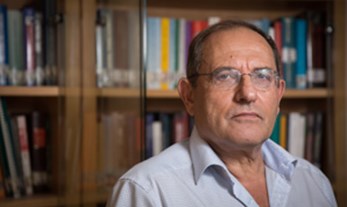


Has an IDF Soldier Ever Been Convicted of Manslaughter?
Written By: Prof. Amichai Cohen
In the last decade, no member of the IDF has been convicted of an offense as serious as that with which Azaria is charged.
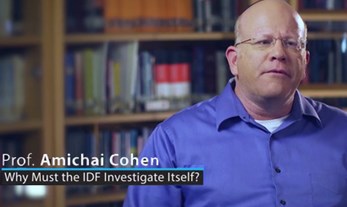
Why Must the IDF Investigate Itself?
Written By: Prof. Amichai Cohen

Is Israeli Society Falling Apart?
Written By: Prof. Yedidia Z. Stern
The 2016 Israeli Democracy Index, which was published last week by the Israel Democracy Institute, reveals that our Israeli society is generally strong, optimistic, united and confident.

Policy Statement: The 'Facebook Bill' (Hebrew)
Written By: Dr. Tehilla Shwartz Altshuler
Ahead of a recent discussion by the Ministerial Committee on Legislation on the “Facebook Bill,” IDI’s Dr. Tehilla Shwartz Altshuler wrote a policy statement in which she called the bill non-applicable to the modern day. She said the bill is likely to cause disproportionate censorship through what will be dysfunctional legal proceedings.
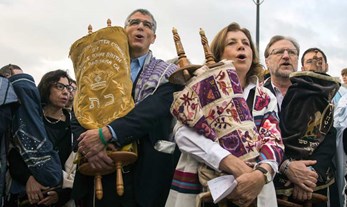
Replace ‘Who is a Jew?’ with ‘Who is a Jew for What?’
Written By: Shmuel Rosner
In a time of fluid identity, Jews understand the need to be pragmatic in defining Jewishness.

More Action, Less Words: Mixed Marriages and the Future of Jewish Identity
Written By: Rabbi Dr. Dalia Marx
In an era of hyper individualism, few choose to live as Jews simply in order to belong to the tribe.
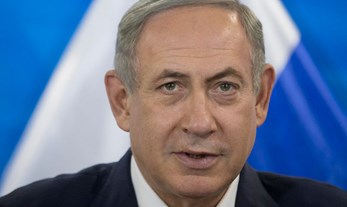
New Record! Netanyahu Now Longest Continuously Serving Israeli Prime Minister
Written By: Prof. Ofer Kenig
As of November 22, 2016, Benjamin Netanyahu will have occupied the Prime Minister’s Office for 2,793 days in a row, thereby surpassing David Ben-Gurion for the longest continuous tenure as premier in Israeli history.
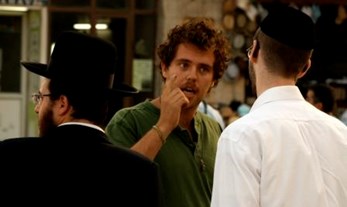
Rabbinical vs. Personal Converts to Judaism: What’s the Difference?
Written By: Steven M. Cohen
These two types of converts display different profiles and patterns of Jewish engagement, and both differ from the 5.1 million individuals who were born Jewish.
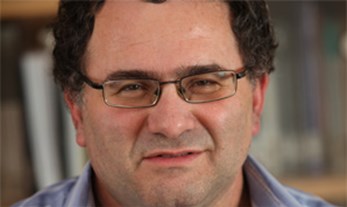
New Jew?
Written By: Yair Sheleg
Judaism is no longer intimately and inexorably linked to religious observance.
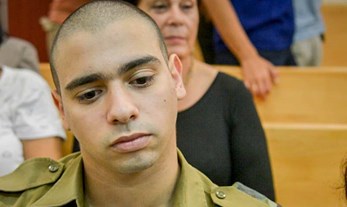
The Hebron Shooter is not Israel’s Poster Child
Written By: Idit Shafran, Gittleman, Admiral (Res.) Amichay (Ami) Ayalon
In this op-ed IDI's Amichay Ayalon and Idit Shafran-Gittleman argue that the challenge of combatting terrorism requires security concerns to be weighed against the values of a free society. The prevailing attitude among supporters of Hebron shooter Elor Azaria of allowing the security mantra to trump any other concerns may lead to short-term military success, but will be a moral loss for Israel, both on the home front and in the international sphere. This op-ed originally appeared in Haaretz.
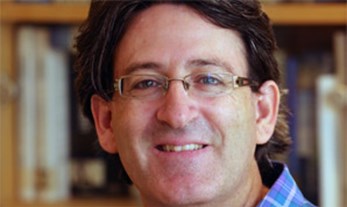
America: Land of Endless Voting Opportunities?
Written By: Prof. Ofer Kenig
Dr. Ofer Kenig discusses the multiple ways in which the United States has facilitated the voting process in order to improve voter turnout, and suggests that Israel adopt a number of these innovations. This op-ed originally appeared in the Jerusalem Post.
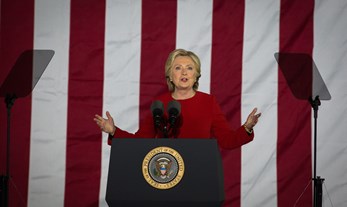
Israelis Believe Clinton will Push them Harder on Peace, Back Her Anyway — Poll
Written By: Marissa Newman
Israelis may have given up for now on peace, but still want peace talks. Arab Israelis are more optimistic than their Jewish counterparts about state’s future.
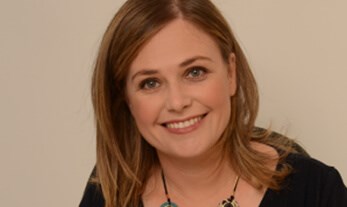
Healthy Public Curiosity vs. Official Privacy
Written By: Dr. Tehilla Shwartz Altshuler
Dr. Tehilla Shwartz Altshuler argues that the Protection of Privacy Law does not create an absolute right, and whoever enters public life must be able to give up parts of his/her privacy, no matter how difficult that might be. This op-ed originally appeared in the Atlanta Jewish Times.
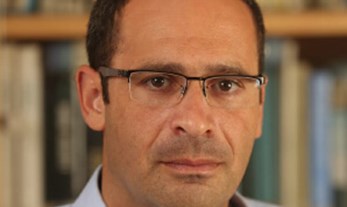
How To Prevent A Religious Civil War From Consuming Western Europe
Written By: Dr. Shuki Friedman
While Europeans are trying to maintain their sense of ownership over the public sphere, restrictions on religious expression in the public domain strike at Muslims’ most basic of rights: to continue living their lives as guided by the dictates of their own conscience. Will there be a religious-based civil war? This article was first published by the Independent Journal Review.

The Right to Know: A Right, Not a Gift
Written By: Dr. Tehilla Shwartz Altshuler
The challenge of freedom of information goes beyond the balance between the right to information and the limits of that right.
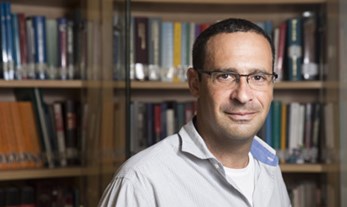
Rosh Hashanah Resolution
Written By: Dr. Shuki Friedman
The upcoming High Holidays are an opportunity to expand our perception beyond our selves and communities. This article was first published by the New York Jewish Week.

Is Israeli Society Healthy or Afflicted?
Written By: Prof. Yedidia Z. Stern
Rosh Hashanah, the Jewish New Year, is an opportunity to stop and ponder how much we love to forget or forget to love. This article was originally published by the Jewish Journal.

How to Save Israel’s Shabbat
Written By: Prof. Yedidia Z. Stern
It is time for all of us to rethink the desired character of the Israeli Shabbat. This article was originally published by Times of Israel.

Surprised? Meet Israel’s New political Center
Written By: Prof. Yedidia Z. Stern
Although one need not agree with the positions held by Israel’s Arab citizens, it can’t be denied that they constitute an independent, moderate voice – and a promising political middle ground on the Palestine- Israeli conflict. This article first appeared in The Jerusalem Post.

The Prime Minister’s Digital Literacy
Written By: Dr. Tehilla Shwartz Altshuler
When a sizable portion of our decision-makers have that difficulty, and “digital illiteracy” becomes evident in the upper echelons where decisions are made, we’ve got a problem. This article was first published by The Jerusalem Post.
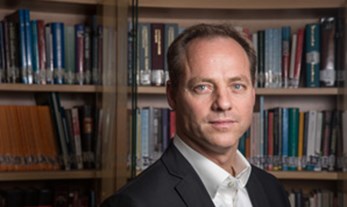
No Way to Run a Democracy
Written By: Yohanan Plesner
IDI President Yohanan Plesner argues that electoral reform will not suffice to fix the short-term-ism that is destroying Israel's capacity for long-term planning and policy execution; reform of the internal processes of the parties themselves is required. This op-ed first appeared in the Jerusalem Report.

Israel's Tragedy: One Country, Separate School Systems
Written By: Dr. Shuki Friedman
IDI's Shuki Friedman laments the existence of separate education systems for each sector of Israel's population, which reinforce, rather than bridge societal divides. This op-ed first appeared on Times of Israel.
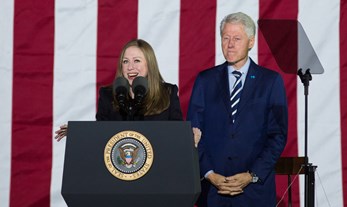
Clinton Could Have Clout Over Israel
Written By: Dr. Shuki Friedman
The expected election of Hillary Clinton as the next president of the United States will affect Israel in a great number of ways, but one of them is rather different and unexpected: Her election will certainly influence the question of religion and state. This op-ed was first published by Haaretz.
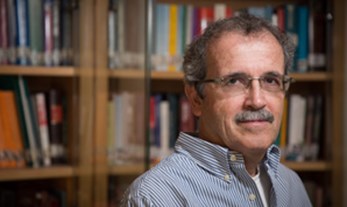
Companions on a Shared Quest
Written By: Prof. Yedidia Z. Stern
The Second Temple in Jerusalem was destroyed, as tradition has it, because of groundless hatred between Jews. IDI's Yedidia Stern takes this opportunity on Tisha B'Av to reflect on the current culture war in Israel, and urge citizens to focus on the covenant of destiny that binds us, rather than the divisions between us.
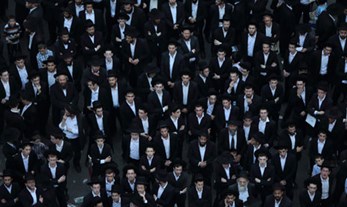
A New Approach To Dealing With Israel’s Ultra-Orthodox
Written By: Prof. Yedidia Z. Stern
Israel needs to abandon the vindictive approach of trying to reform ultra-Orthodox society through force and budget cuts, and rather start investing heavily in education and job creation in the ultra-Orthodox sector. This op-ed was first published in the New York Jewish Week.

The Trump Phenomenon: Israeli Politics in the 'Age of Me'
Written By: Prof. Gideon Rahat
Love him or hate him, Donald Trump’s once unthinkable ascension became a reality earlier this month, following a largely drama-free roll call vote on the Republican National Convention floor. Trump is a prime example of a candidate whose vision and ideas are not a direct reflection of his party's values and policies, and who, in many ways, battled his way to the top of the party. His nomination is just one example of a current trend toward political personalization, a process in which the influence of individual leaders in the political process has increased, as the centrality of the political group declines.

What Might Jabotinsky Say About the Actions of the 20th Knesset?
Written By: Dr. Amir Fuchs
Some 76 years ago, on August 4, Ze'ev Jabotinsky, one of the most prominent Zionist thinkers and leaders, founder and head of the Revisionist movement, Betar youth group and the Irgun paramilitary organization, died prematurely. It is interesting to explore his views on matters related to democracy and liberalism.

A Holy War Over Israel's Character
Written By: Dr. Shuki Friedman
The inflammatory statements made about Reform Judaism at the recent First Zion and Jerusalem Conference are not merely old rhetoric, but rather a national ultra-Orthodox (Hardal) declaration of a holy war against the spread of pluralistic Judaism in Israel.

Israel’s Amazing Restraint
Written By: Yohanan Plesner
Liberal democracy is in crisis everywhere. We in Israel have our share of problems. Our democracy is far from perfect, and it is under massive pressures — both external and internal. But all in all, if we look at the world around us, Israel is doing rather well. This article was originally published by the Atlanta Jewish Times.


